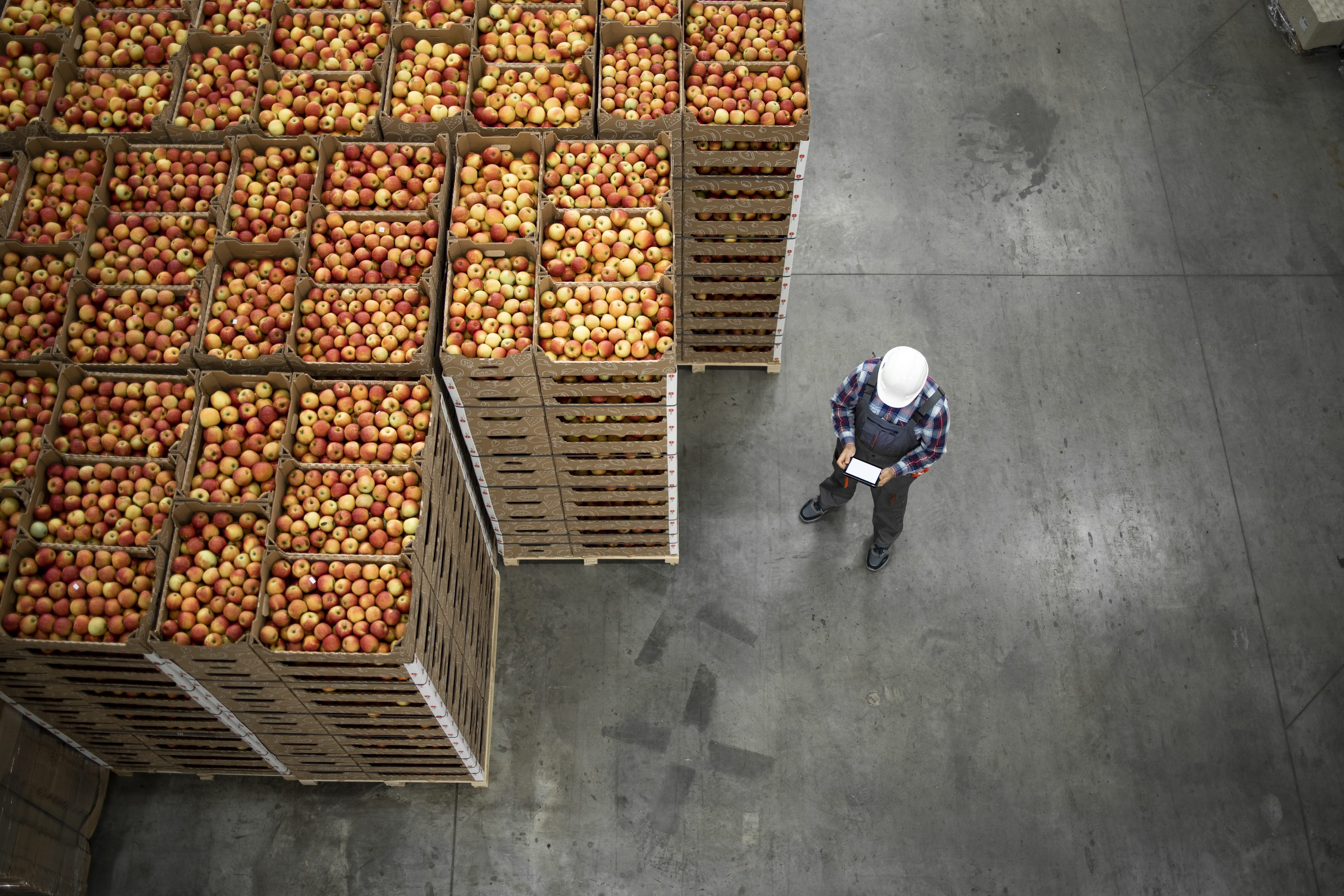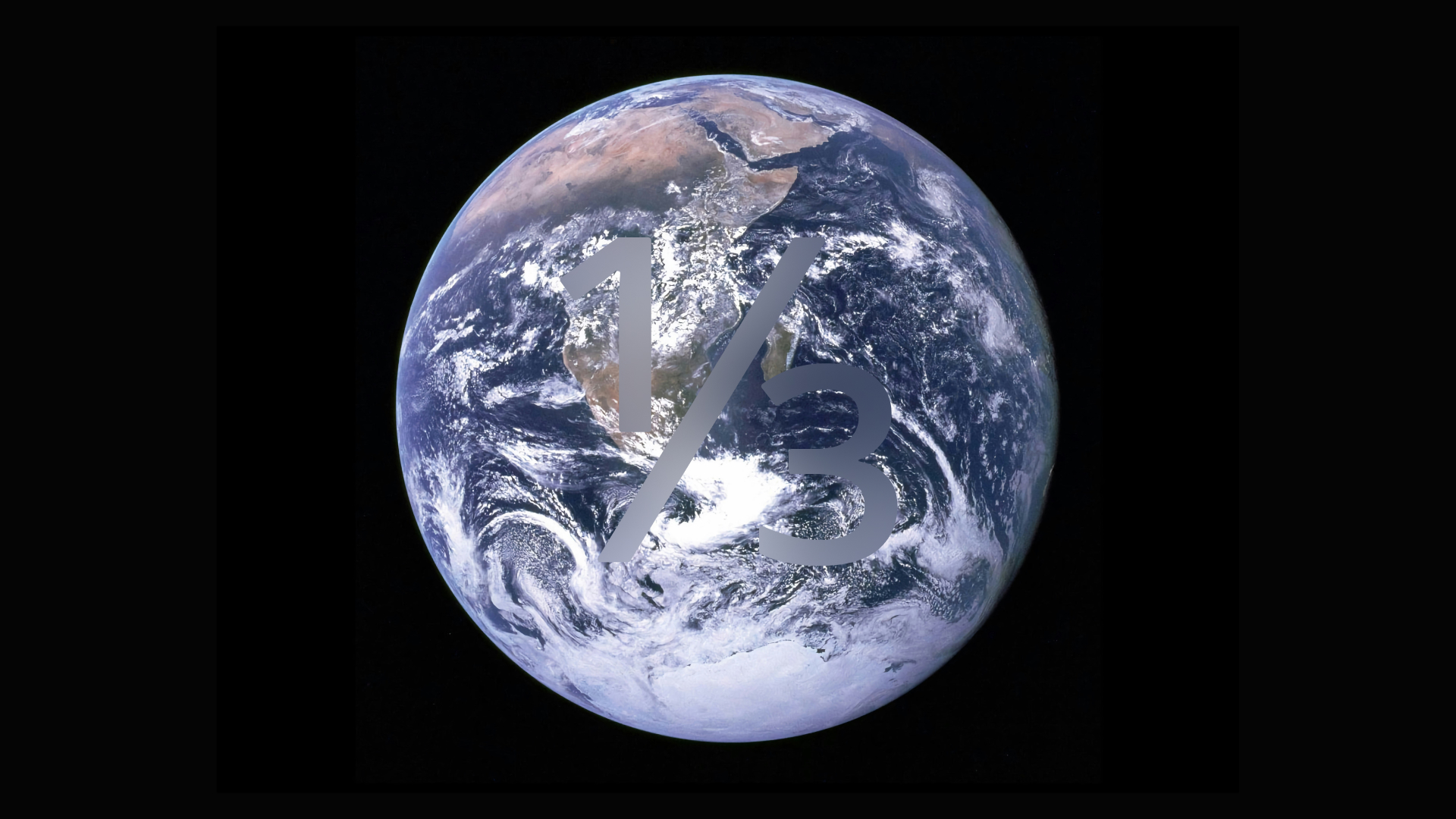Digitalisation is rapidly undertaking the food supply chain more than ever before.
Digitalisation has revolutionised how companies function, from communication to record-keeping to business transactions. It has undergone a sea of change through a significant transition from analog to digital technology. In the last couple of years, during the Covid-19 pandemic, the B2B market has been making more moves towards digitalisation.
Most B2B food and beverage suppliers have already invested in new technology for their operations, and the market is continually expanding, offering new solutions and products.
According to FWD, the Federation of Wholesale Distribution, suppliers are challenged by new competitors shaping new business models and quickly adapting to new technologies. With the rise of mobile and cloud technology, the expectations of customers increase, and the need for a more user-centric convenience is on the rise.
“Suppliers need to rely less on the traditional way of working on getting a competitive advantage in today’s market”
The ever-changing technology landscape will lead to opportunities such as building revenue and deepening customer experience across all channels. Suppliers need to rely less on the traditional way of working and getting a competitive advantage in today’s market. They must rethink operations models that might hinder them from achieving their potential integration capabilities in a customer-centric experience.
As stated by DHL (2021), B2B wholesalers and suppliers need to provide facilities with better real-time visibility and alignment across all channels in the supply chain, making it easier to exploit new business opportunities and catch customers across all channels.
Investing in new technology to elevate efficiency and become more data-driven are two things suppliers in the B2B food and beverage industry must adapt to stay on top.
The leading distributors and suppliers, who have already developed a digital real-time customer journey, are already seeing significant growth in sales and customer engagement in the food and beverage industry. They will learn to sense and shape demand before the customer knows it, resulting in customer satisfaction and increased revenue.

Challenges of Digitalisation
Digitalisation is rapidly undertaking the food supply chain more than ever before. We are seeing an exponential increase in personalisation and automation technology, establishing a fierce competitive edge for those who dare. While the challenges vary from operation to operation, companies must adjust and create bespoke solutions to bring them back to the front line of growth and sustainability.
It takes a great deal to establish a presence online. And even after getting an online store up and running, issues regarding prices, sales, and rapidly changing technology are constantly present. Suppliers must ensure all information is correct and invest their money pragmatically. Food and beverage suppliers might even lose money over time because they must invest in the proper technology suitable for their company.
Transform your digital presence
Food and beverage suppliers of all sizes can transform their digital presence with zero effort. Using modern integrations and bespoke solutions, Cerve helps suppliers digitise faster and more efficiently and gain the necessary edge to stand out. With Cerve, you get closer to your customers and create a competitive advantage in today’s rapidly changing B2B scene.

